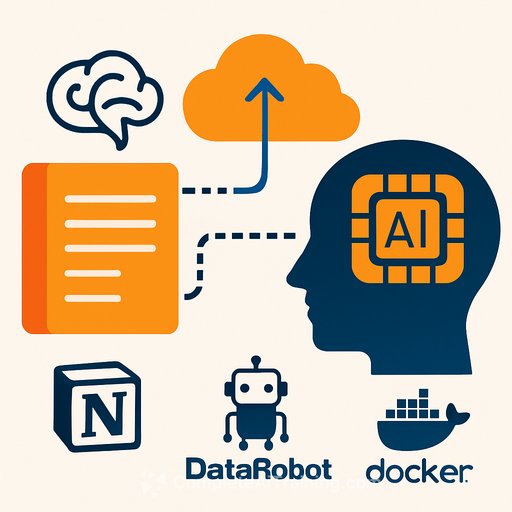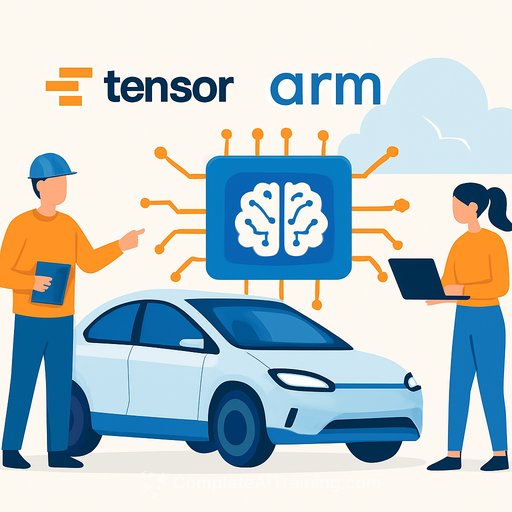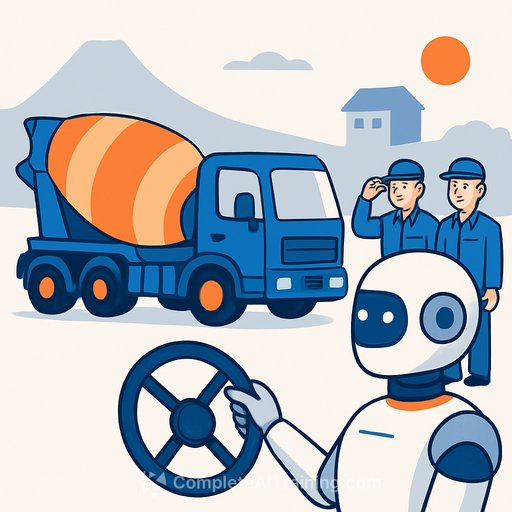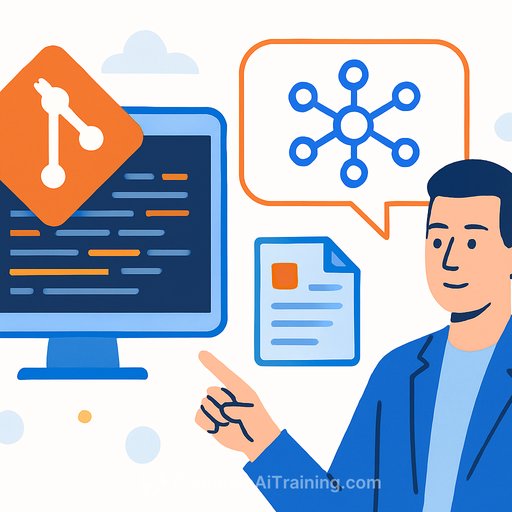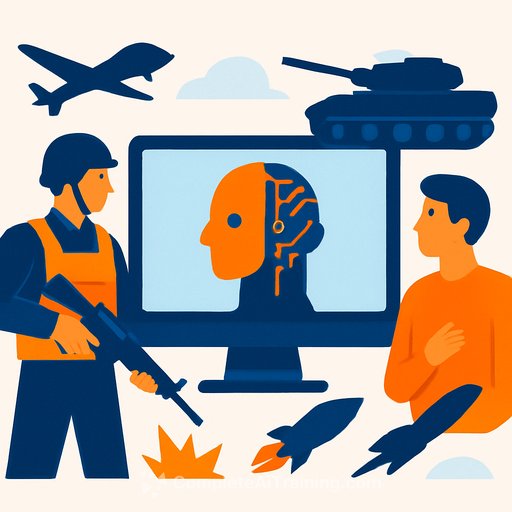Cerebras Launches Alibaba's Qwen3-235B Model with Expanded Context Window and New AI Partnerships
Cerebras Systems has introduced an adapted version of Alibaba's Qwen3-235B reasoning model on its inference platform, marking a significant upgrade with a context window expanded to 131,000 tokens. This enhancement allows the model to process large volumes of data, including dozens of files and tens of thousands of lines of code simultaneously.
The announcement came at the RAISE Summit conference in Paris, where Cerebras also revealed strategic partnerships with companies such as DataRobot, Notion, Docker, and Hugging Face, aiming to broaden its AI ecosystem and improve developer tools.
Faster Inference and Cost Efficiency
Cerebras leverages its Wafer Scale Engine to accelerate the Qwen3-235B model, cutting response times dramatically—from one or two minutes down to just one or two seconds. This speed boost enhances real-time AI applications, especially in coding and agentic AI workflows.
In terms of pricing, Cerebras offers the model at $0.60 per million input tokens and $1.20 per million output tokens. This is significantly more affordable compared to competitors like OpenAI, whose pricing reaches $2 per million input tokens and $8 per million output tokens for comparable reasoning models.
Key Partnerships Enhancing AI Development
- Docker: Integration with Docker Compose enables developers to deploy multi-agent AI stacks quickly, streamlining the creation and management of complex AI workflows.
- DataRobot: The open-source AI/ML framework Syftr now runs on Cerebras Inference, offering customers low-latency, high-quality agentic applications.
- Hugging Face: Cerebras powers the SmolAgents library, supporting developers in building agents capable of reasoning, tool usage, and code execution.
- Notion: The workspace platform uses Cerebras’ AI inference technology to enhance its Notion AI for Work feature.
Expanding Market Presence
Cerebras is positioning itself as a notable AI hardware and software vendor, aiming to compete with companies like Groq, AMD, and SambaNova. Industry observers highlight that while Cerebras offers one of the fastest AI machines, its high price point has limited broader adoption.
Through these partnerships, Cerebras is addressing prior gaps in software support that held back its wider acceptance. By integrating with popular platforms and frameworks, it improves accessibility and credibility in the market.
However, challenges remain. Nvidia continues to dominate the AI chip market, largely due to its combined hardware and software solutions. Cerebras and others are working to close this gap, but establishing strong market interest involves significant sales and marketing investments.
Significance of the Enlarged Context Window in Qwen3-235B
The increase from a 32K to a 131K token context window transforms Qwen3-235B from a limited tool into a practical enterprise platform. This expansion supports complex tasks such as large-scale coding projects and agentic AI processes, which require handling extensive context.
Industry experts note that offering this capability at roughly one-tenth the cost of similar models could influence adoption in development and enterprise environments.
Global Strategy and Market Considerations
Cerebras’ deployment of Qwen3-235B reflects an international strategy, targeting a global AI market despite potential future challenges from national sovereignty policies around AI infrastructure.
Meanwhile, the AI ecosystem continues to evolve, with initiatives like the National Academy for AI Instruction launching to train educators, and Microsoft introducing new developer tools such as Deep Research in Azure AI Foundry for building intelligent agents.
For developers and IT professionals looking to deepen their AI skills, exploring comprehensive learning resources can be valuable. Platforms like Complete AI Training offer courses tailored to practical AI development and deployment.
Your membership also unlocks:

